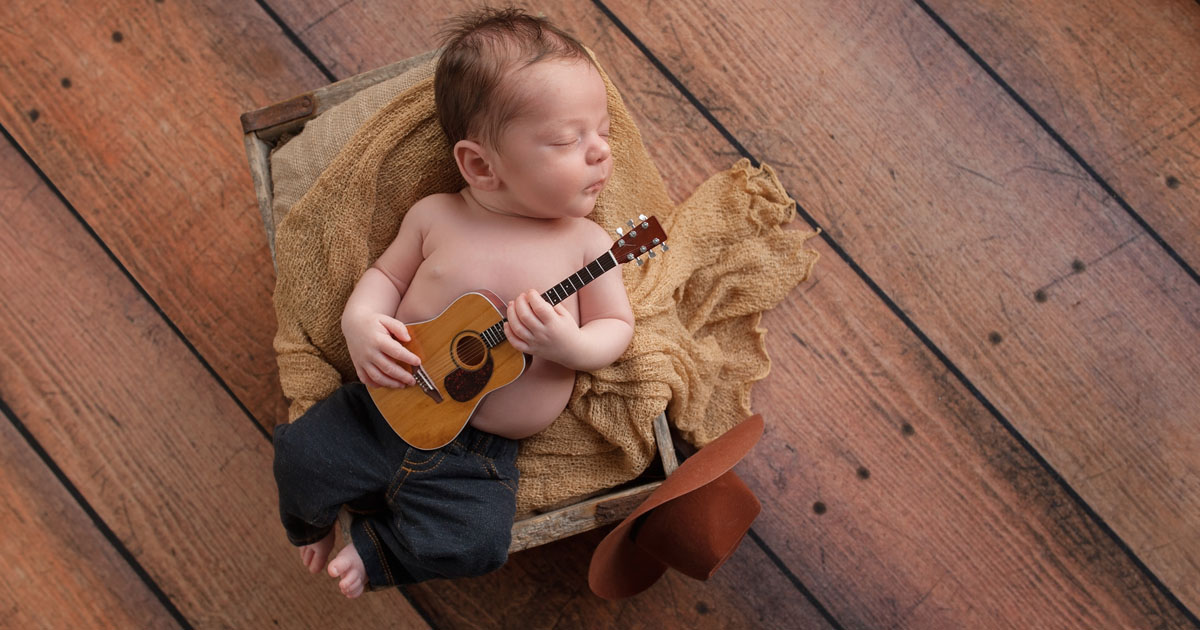Taking Your 1st Guitar Lesson
Taking your first guitar lesson

You are probably very excited to begin your guitar lessons. Your teacher is also excited to meet you and learn more about you so he or she can adapt to your learning style and help you reach your goals. At your first lesson, your teacher will most likely take inventory of your current playing level and experience, talk about your daily practice routine and help you with your posture and hand position.
If you have never played an instrument before, you will be given a lot of information during your first lesson. Don’t feel bad if you can’t understand everything and remember that this is your lesson so don’t be afraid to ask questions.
If you have been playing the guitar for a while, your teacher may ask you to play something for them. This is to give them an idea of your strengths and weaknesses. Keep in mind that you are taking lessons to improve, you aren’t being judged.
Practice
At your first lesson, your teacher will discuss your daily practice routine. Practice is inevitable and it is crucial, especially in the beginning and it’s important that you practice every single day. You will need a quiet place where you can practice each day for a half hour or so.
Posture
An important aspect of playing the guitar that a live teacher can address with you is your posture. There isn’t just one correct way to hold the guitar and position your hands on the guitar that works in all situations. To keep your hands healthy, you need to position your body and hands differently in order to play certain notes and chords. Your teacher will show you how to move your shoulders and elbows to accommodate the different positions as you progress.
Patience
If your first lesson is a trial less be sure to ask your teacher when they need to hear back from you if you decide to sign up for regular lessons. Evaluate your teacher’s professionalism, knowledge, patience and your overall vibe of them and the studio. If it felt like a good fit, go for it. If it didn’t feel like it was right, let them know as soon as possible. Good teachers understand they aren’t the best fit for everyone and a good teacher will encourage you to find a better teacher.
Remember that you need to contribute to the lessons in order for them to be successful. It isn’t enough for you to be on time and talk about the guitar. You need to make sure you understand the teacher’s expectations so you can get the best out of each lesson. Guitar lessons are successful when both the teacher and student understand their roles. Teachers should have a plan for their students and students need to follow that plan and ask questions along the way. When there are clear expectations it becomes easy for students to reach their goals and have fun with the guitar!